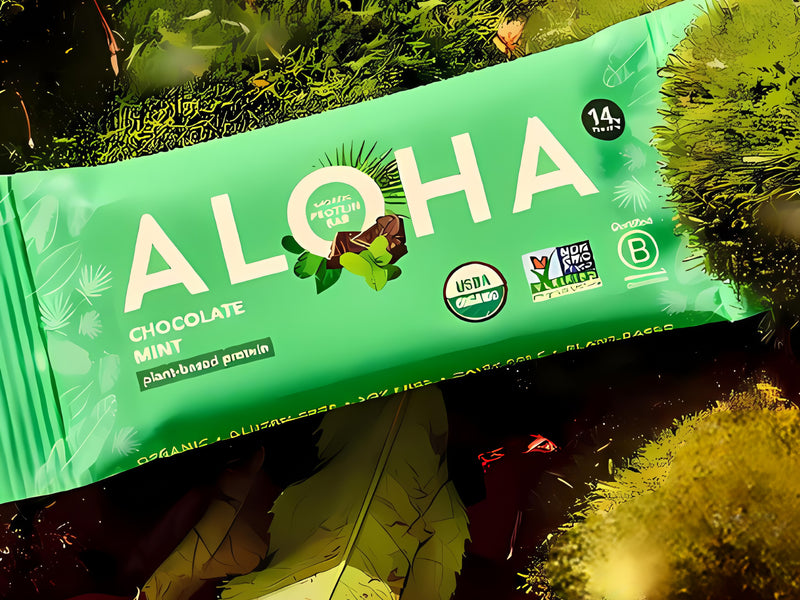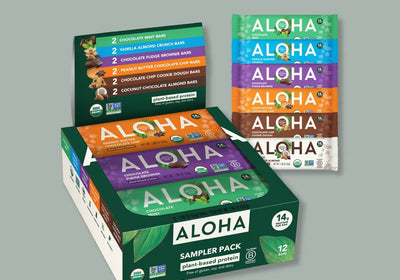
Protein Bar Sampler
Find your favorite with our best-selling classic flavors
Price: $38.99
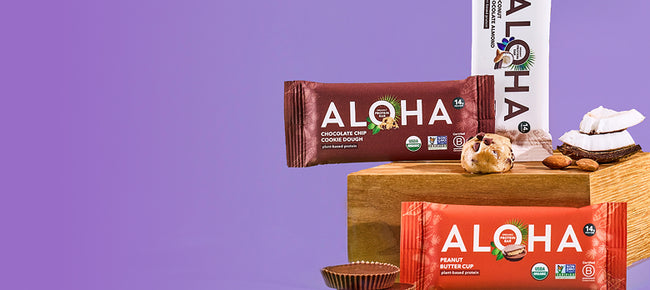 collection header image
collection header image
 collection header image
collection header image

Find your favorite with our best-selling classic flavors
Price: $38.99
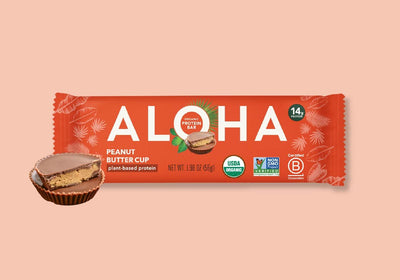
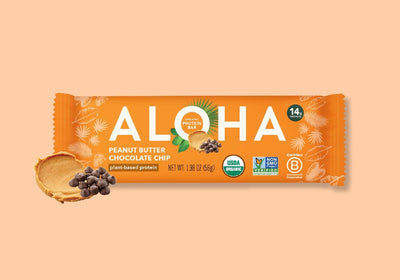
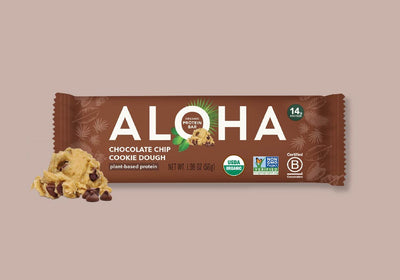
Indulgent cookie dough, rich chocolate chips
Price: $34.99
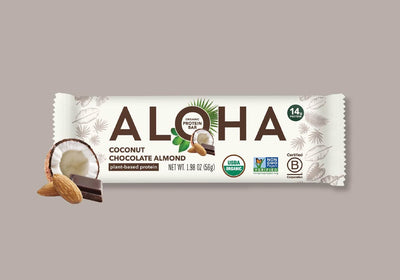
Flaky coconut, almond pieces, chocolate chunks
Price: $34.99
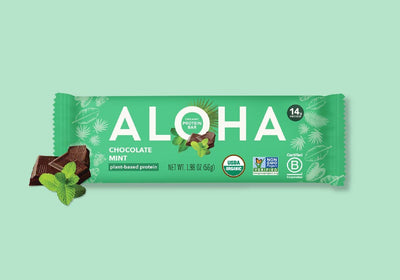
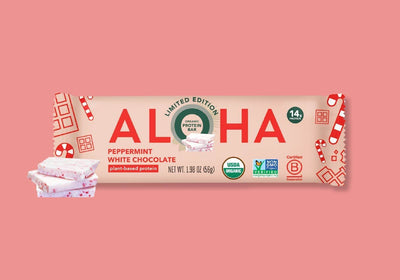
Coated in white chocolate and topped with crunchy peppermint bits
Price: $34.99
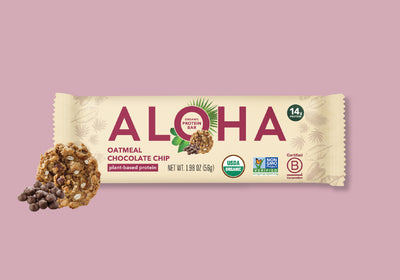
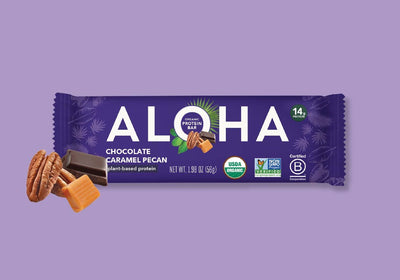
Pecans and dark chocolate in a caramel swirl
Price: $34.99
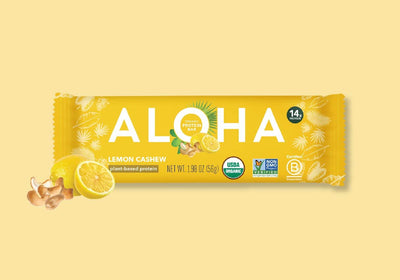
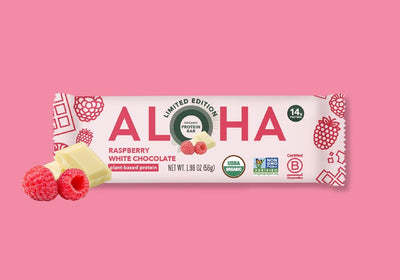
Dreamy raspberry coated in rich white chocolate
Price: $34.99
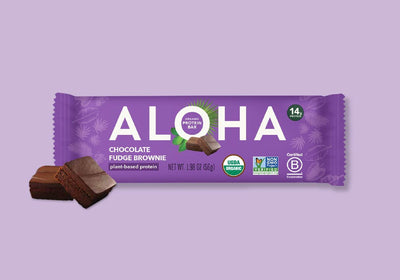
Smooth, indulgent chocolate is irresistible
Price: $34.99
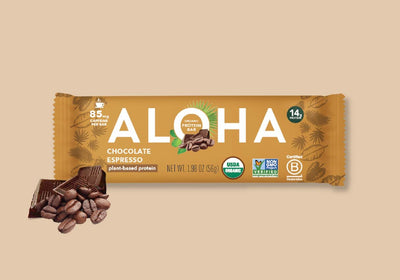
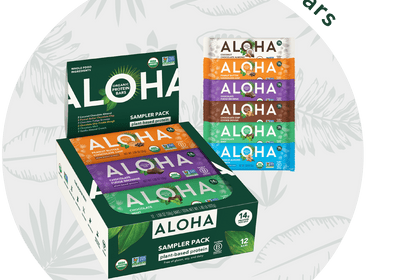
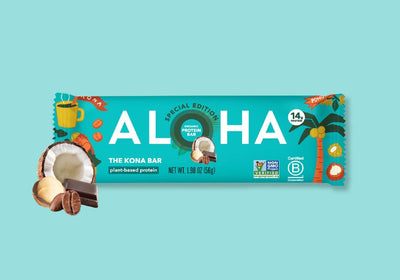
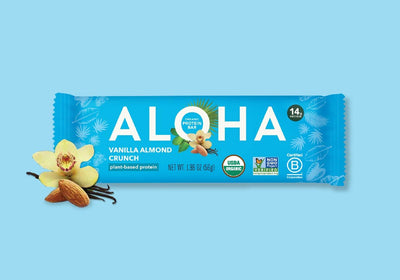
Hint of vanilla and packed with almond pieces
Price: $34.99
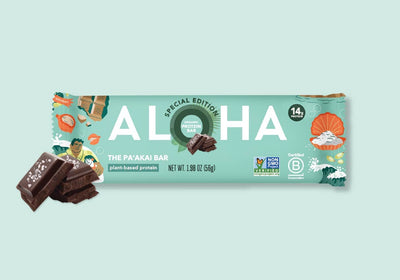
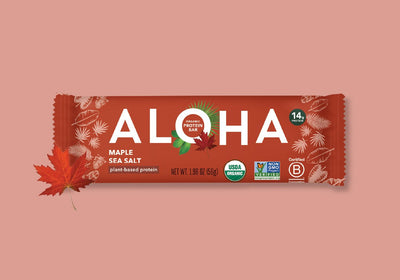
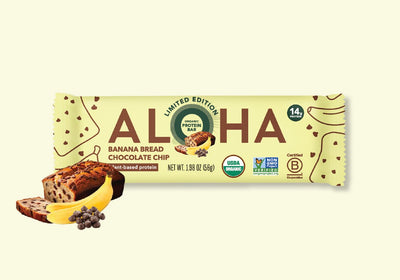

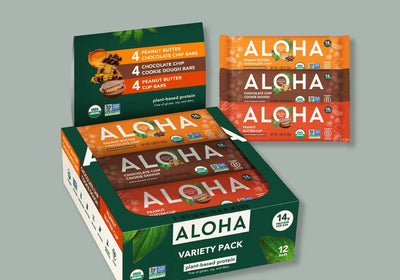
Three best-selling classics, one delicious variety pack
Price: $38.99
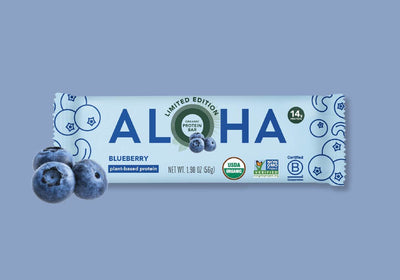
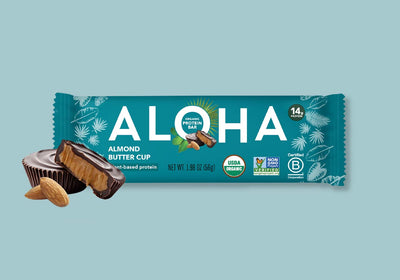
Dark chocolate complements the warmth of almonds
Price: $34.99
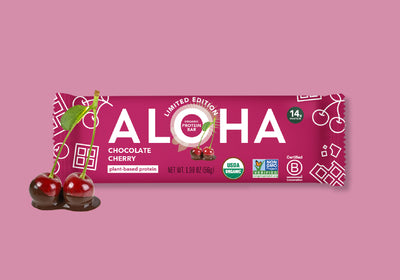
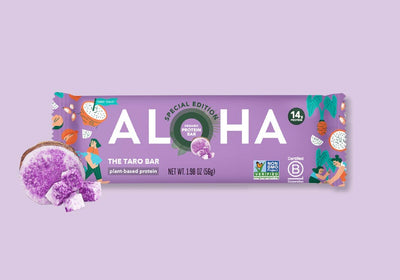
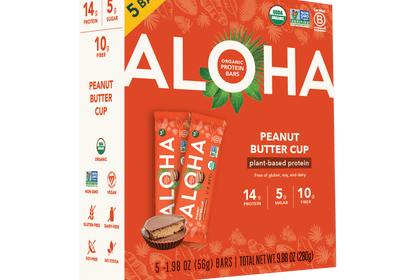
Original price: $21.99 Sale price: $15.99

Explore our fan-favorites with our latest flavors
Price: $38.99
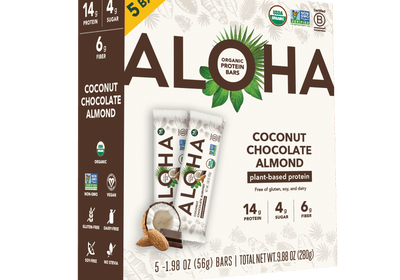
Original price: $16.99 Sale price: $9.00

Satisfy any craving with five flavors in bite sized form.
Price: $37.99
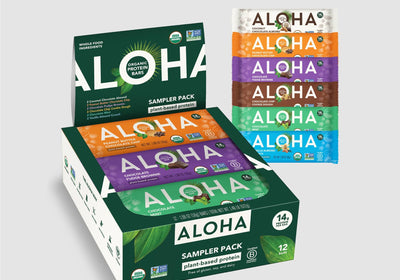
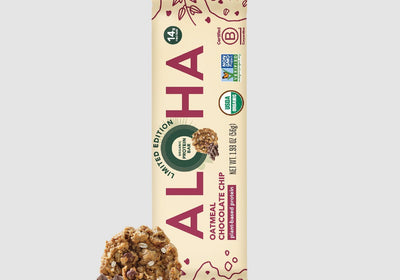
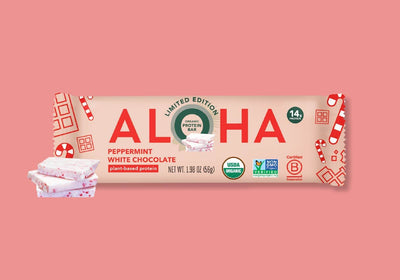
Coated in white chocolate, topped with peppermint bits
Price: $34.99
Sold Out
